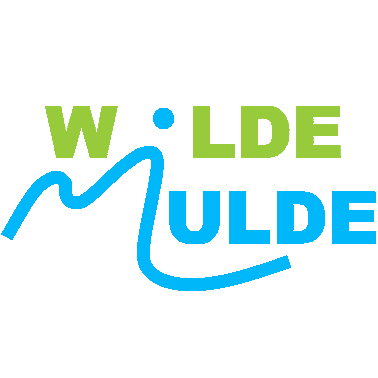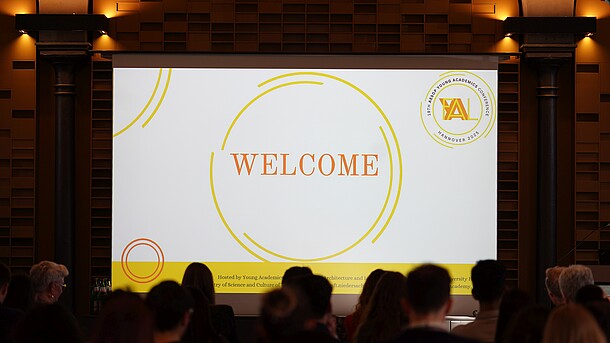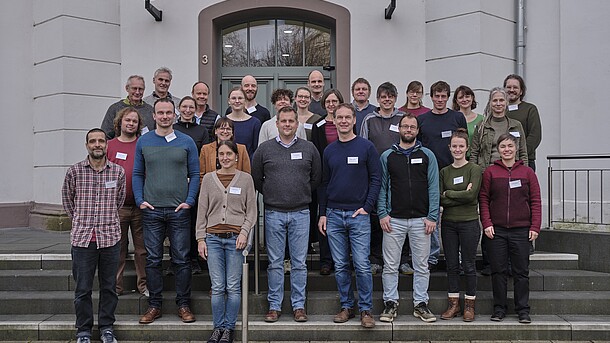Revitalizing river landscapes – assessment and evaluation of ecosystem services and the importance of communication

| Led by: | Prof. Dr. Christina von Haaren |
| Team: | Prof. Dr. Christian Albert (bis Juli 2016); M.Sc. Martin Grov (bis Juni 2016), M.Sc. Cedric Gapinski (ab September 2016), M.Sc. Johannes Hermes (ab 2017) |
| Year: | 2021 |
| Date: | 11-05-16 |
| Funding: | Bundesministerium für Bildung und Forschung (BMBF); Bundesamt für Naturschutz (BfN); Bundesministerium für Umwelt, Naturschutz, Bau und Reaktorsicherheit (BMUB) |
| Duration: | Dezember 2015 - März 2021 |
| Further information | www.wilde-mulde.de |
Für eine deutsche Version scrollen Sie bitte nach unten.
Revitalizing river landscapes – assessment and evaluation of ecosystem services and the importance of communication
Riverine landscapes are unique habitats that provide an extraordinary array of ecosystem functions and services on varying spatial and temporal scales. The project “Wilde Mulde – Re-vitalization of a dynamic riverine landscape in Central Germany”, located along the River Mulde near Dessau-Roßlau, is founded by the BMBF and aims to implement several re-vitalization measures.
The overall goal of the project is the enhancement of natural riverbed dynamics through the re-vitalization of hydro-morphological processes and the promotion of existing connectivity between rivers and their adjacent floodplains. Hydraulic, hydro-morphological, biological, and functional parameters will be used as indicators for assessing the success of project measures. Additionally, the implemented measures should be checked for their sense and general ability for securing biodiversity and ecosystem services in similar projects. Moreover, further aims include an evaluation of the measures impacts and the identification of requirements for maximizing synergies and minimizing conflicting goals regarding ecosystem services.
The Institute of Environmental Planning is working on the sub-project “Planning and the Ecosystem Service Approach”. The aim of the project is to support communication relating to the implemented measures and their impacts. Therefore, it is necessary to supplement the already established descriptions of landscape functions by using additional categories from the Ecosystem Service Approach (e.g. monetarization).
weitere Videos bei Youtube
Erfassung und Bewertung der Adressatenwirkung von Ökosystemdienstleistungen als Teilprojekt des BMBF-Drittmittelvorhabens „Wilde Mulde – Revitalisierung einer Wildflusslandschaft in Mitteldeutschland“
Naturnahe Flüsse und ihre Auen sind Lebensräume von außergewöhnlicher Bedeutung für die Artenvielfalt, die Vernetzung von Lebensräumen und die Bereitstellung von sog. Ökosystemleistungen (ÖSL) auf verschiedenen Skalen. Das von BMUB und BMBF geförderte Verbundprojekt "Wilde Mulde – Revitalisierung einer Wildflusslandschaft in Mitteldeutschland“ wird in stadtnahen Abschnitten zwischen Dessau-Roßlau und Retzau die Untere Mulde revitalisieren und die Interaktionen des Flusses mit seinen angrenzenden Auen begünstigen. Hierzu werden im Verbundprojekt ein Vielzahl wissenschaftlicher Begleituntersuchungen durchgeführt. Dazu gehört auch das am Institut für Umweltplanung bearbeitete Teilprojekt „Planung und Ökosystemleistungsansatz“, das sich mit der Wirkung des Projektes auf Ökosystemleistungen sowie deren Einsatz in der Kommunikation mit Entscheidern und Bevölkerung vor Ort beschäftigt.
Dazu sollen die üblichen Darstellungen von der Wirkung von Veränderungen auf Landschaftsfunktionen durch den Einsatz von weiteren Perspektiven des Ökosystemleistungskonzeptes insbesondere der ökonomischen Bewertung von ÖSL ergänzt werden. Im TP soll untersucht werden inwieweit die neuen Darstellungen einen Mehrwert in derKommunikation mit den Akteuren erzeugen.
Projektpartner:
- WWF Deutschland, 10117 Berlin (Verbundkoordinator)
- Helmholtz-Zentrum für Umweltforschung GmbH – UFZ, Leipzig (UFZ-NSF) (Forschungskoordinator)
- Department Fließgewässerökologie, 39114 Magdeburg, (UFZ-FLOEK)
- Technische Universität Carolo Wilhelmina zu Braunschweig, Leichtweiß-Institut für Wasserbau, 38106 Braunschweig (TUBS)
- Hochschule für Technik und Wirtschaft Dresden, Fakultät Landbau/Landespflege, 01326 Dresden (HTW)
- Universität Leipzig, Institut für Biologie, AG Spezielle Botanik und Funktionelle Biodiversität, Leipzig (UL)
- Leibniz Universität Hannover, Institut für Umweltplanung, Hannover (LUH)





